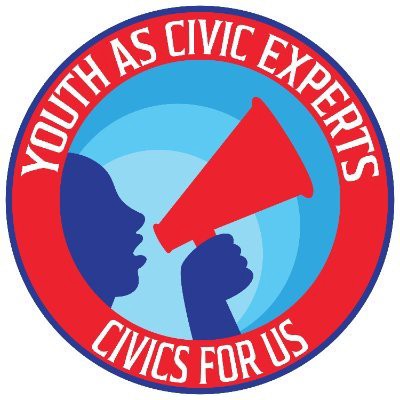 We asked our Youth as Civic Experts Fellows what students would like the new U.S. Secretary of Education, Miguel Cardona, to do as he embarks on his new role. They shared what’s on young people’s minds and the current reality of civics in schools. They wrote:
We asked our Youth as Civic Experts Fellows what students would like the new U.S. Secretary of Education, Miguel Cardona, to do as he embarks on his new role. They shared what’s on young people’s minds and the current reality of civics in schools. They wrote:
Dear Secretary Cordona,
It’s hard to imagine a more daunting set of challenges awaiting an incoming Secretary of Education than those you currently face. Not only must you calibrate a way to safely re-open schools as a pandemic continues to rage, but you must help to heal those schools, many of which are in deeply divided communities that are hurting from political divisions and a racial reckoning.
We face a lot of challenges as a nation, but the most important is the one that our President has called us to rebuild: the soul of our nation. As you know, education is the cornerstone of our nation’s soul, and your role is critical to its rebuilding. But don’t listen to us, listen to young people. As a lifelong educator, you know the value of listening to students. And it’s the students themselves calling for better civic education.
We recently surveyed our peers from across the country, from both urban and rural school districts, to uncover what they want when it comes to their education. When asked what they think your priorities should be, they answered:
- “Civic education is important because politics dictate the way that we live, and it is important that students fully understand our political system,” Morgan Gibson, an 8th grader from Massachusetts. told us. “As the next generation of elected officials, it’s vital we know the power that we have to create a better future…People who are uninformed are always the most at risk of being taken advantage of by people in power. With knowledge of these subjects, the new wave of change-makers will be better ready to create a brighter tomorrow.”
- “Civic education should be a part of school,” Joshua Ortiz, an 11th grader, also from Massachusetts said. “It is arguably the most important topic to youth in America. We need to know how our system works and how we can change the system for the better. The only way students can do this is through equitable civic education.”
- “Because of the lack of teachings in civic education, many kids must search out their own information which may be beneficial,” Idalys Victoria Cuaderno, an 11th grader from California said. “But if schools can offer a more diverse and open curriculum that shows all points of view, children could gain a worldly point of view instead of a closed-minded one.”
As you take the reins of the U.S. Department of Education, we hope that you hear our voices — and we hope that you take them to heart.
Listen to Dhruv Pai, an 11th grade student from Maryland: “If our students aren’t prepared to be engaged citizens in society, then we can safely say that our education system has failed. If our citizens were more informed on matters of state, the domestic turmoil and political uncertainty rampant in our society would be less of a problem.”
We invite you to check out our #CivicsForUS social media campaign and listening tour. To date we’ve amassed over 4,600 student responses from students in 43 states, Washington, D.C. and Puerto Rico about their K-12 civic learning experiences. Visit the campaign website to learn more: www.iCivics.org/CivicsForUS
Thank you — and good luck,
Youth As Civics Experts Network
@CivicsForUS
ecyf@icivics.org


 See All
See All